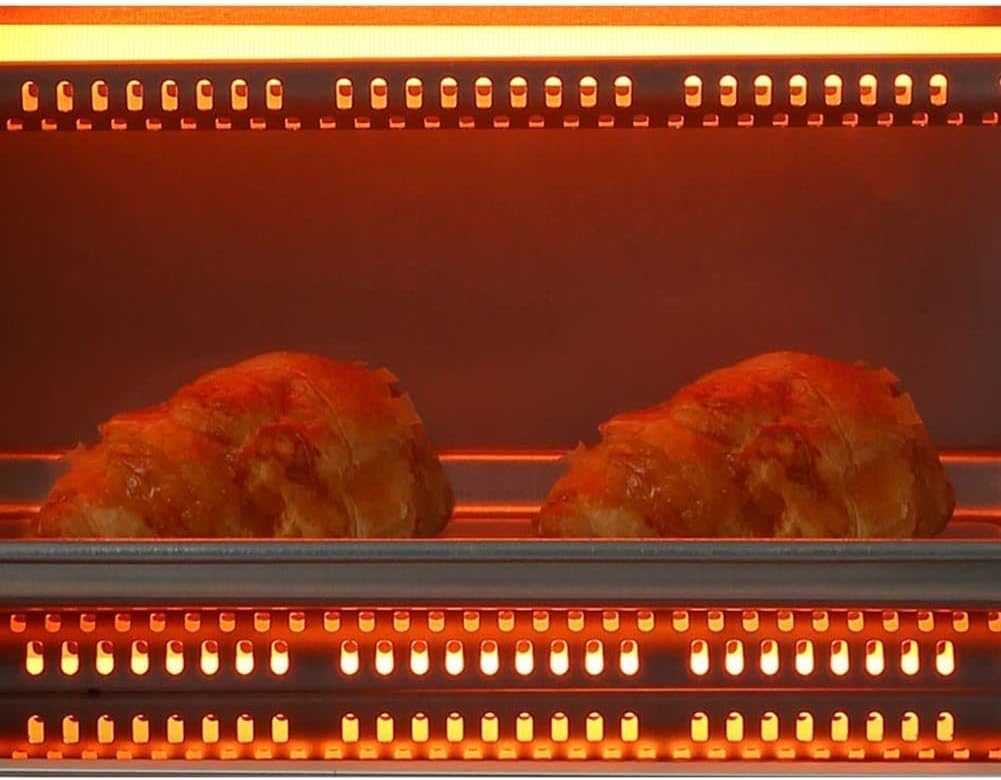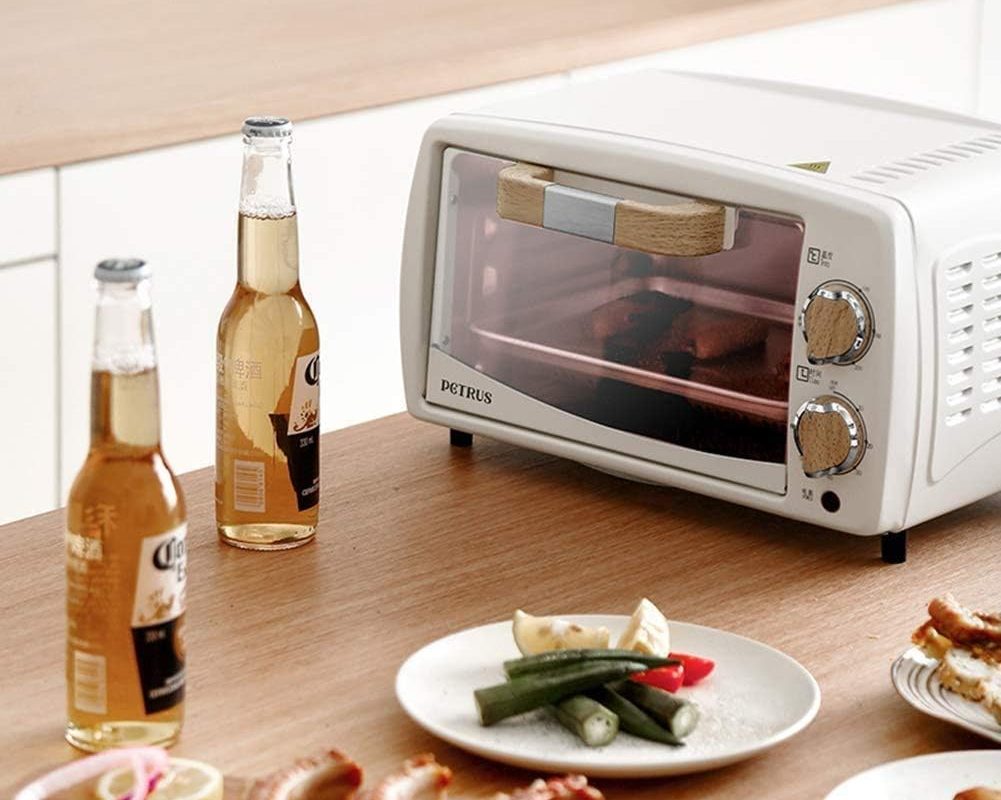Introduction:
When moving into a new home or purchasing a used oven, it is essential to determine whether the oven is fueled by gas or electricity. Knowing the type of oven you have is crucial for safety reasons and understanding the available cooking options. In this article, we will explore various methods to help you determine if your oven is gas or electric. We will discuss visual cues, control panel features, and other indicators that can help you identify the fuel source. By understanding these indicators, you can confidently operate and maintain your oven.

How do I know if my oven is gas or electric?
Visual Clues:
a. Look for a Gas Line: Start by inspecting the area behind or underneath the oven for a gas line connection.
b. Examine the Power Cord: Electric ovens typically have a power cord that plugs into a wall outlet. Look for a thick, insulated cord with a three-pronged plug indicating that it is designed for high voltage electrical connections. If your oven has a power cord and does not have a visible gas line, it is likely an electric oven.
c. Check for a Pilot Light: Some older gas ovens feature a pilot light, which is a small flame that remains lit continuously to ignite the gas burner. Look inside the oven cavity or near the bottom of the oven for a small flame. If you see a pilot light, it is a strong indicator that your oven is gas-powered.
Control Panel Features:
a. Temperature Control: Gas ovens typically have a temperature control dial or knob that allows you to set the desired cooking temperature. Electric ovens, on the other hand, may have a digital control panel with buttons or a touch screen for temperature adjustment. Assess the control panel to determine if it aligns with the characteristics of a gas or electric oven.
b. Ignition Switch: Gas ovens often have an ignition switch located on the control panel. This switch is used to ignite the gas and create a flame for cooking. If your oven has an ignition switch, it is a strong indicator that it is fueled by gas.
c. Preheating Time: Electric ovens generally require less time to preheat compared to gas ovens. If your oven heats up quickly, it is more likely to be electric. Keep in mind that preheating times can vary depending on the oven model and its energy efficiency.
Check the User Manual or Manufacturer’s Information:
a. User Manual: If you have access to the oven’s user manual, it will often provide information on the type of fuel required. Look for sections that detail installation instructions, specifications, or a description of the oven’s features.
b. Manufacturer’s Website: If you do not have the user manual, visit the manufacturer’s website and search for the specific model of your oven. Often, the manufacturer’s website will provide detailed product information, including the fuel source.
Seek Professional Assistance:
a. Contact the Manufacturer: If you are still unsure about the fuel source of your oven, it is best to contact the manufacturer directly. Manufacturers have access to detailed information about their products and can provide accurate guidance.
b. Consult a Professional Technician: If you prefer a hands-on approach, consider hiring a professional technician to inspect your oven and determine the fuel source. They have the expertise to identify the specific features and characteristics of different oven types.
Safety Considerations:
a. Shut off the Gas Supply: If you suspect that your oven is gas-powered but are uncertain, it is crucial to ensure the gas supply is shut off before attempting any inspections or contacting professionals. Locate the gas shut-off valve near the oven or at the main gas supply and turn it off to prevent any potential gas leaks.
b. Unplug the Oven: If you suspect that your oven is electric but are uncertain, unplug the oven from the power outlet before conducting any inspections. This will prevent any accidental electrical shocks during the process.
c. Follow Safety Guidelines: Whether your oven is gas or electric, it is important to follow safety guidelines when operating and maintaining it. This includes proper ventilation, regular cleaning, and adhering to the manufacturer’s instructions for use.
Conclusion:
Determining if your oven is gas or electric is essential for safe and effective operation. Visual clues, such as the presence of a gas line or a power cord, can provide initial indications. Additionally, examining the control panel features, checking the user manual, or seeking professional assistance can help confirm the fuel source. Remember to prioritize safety by shutting off the gas supply or unplugging the oven before conducting any inspections. By understanding the fuel source of your oven, you can confidently operate and maintain it to enjoy safe and efficient cooking experiences.




